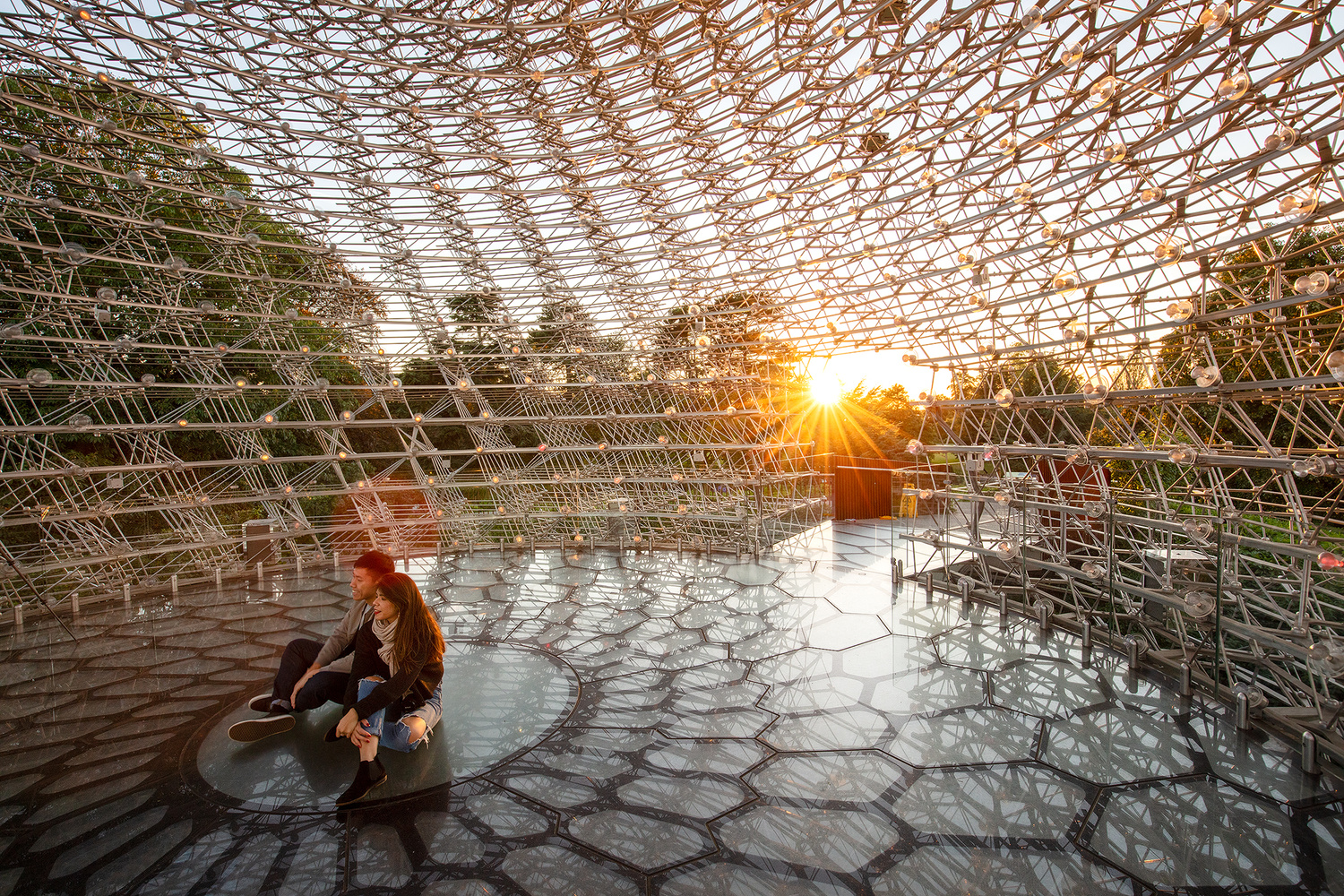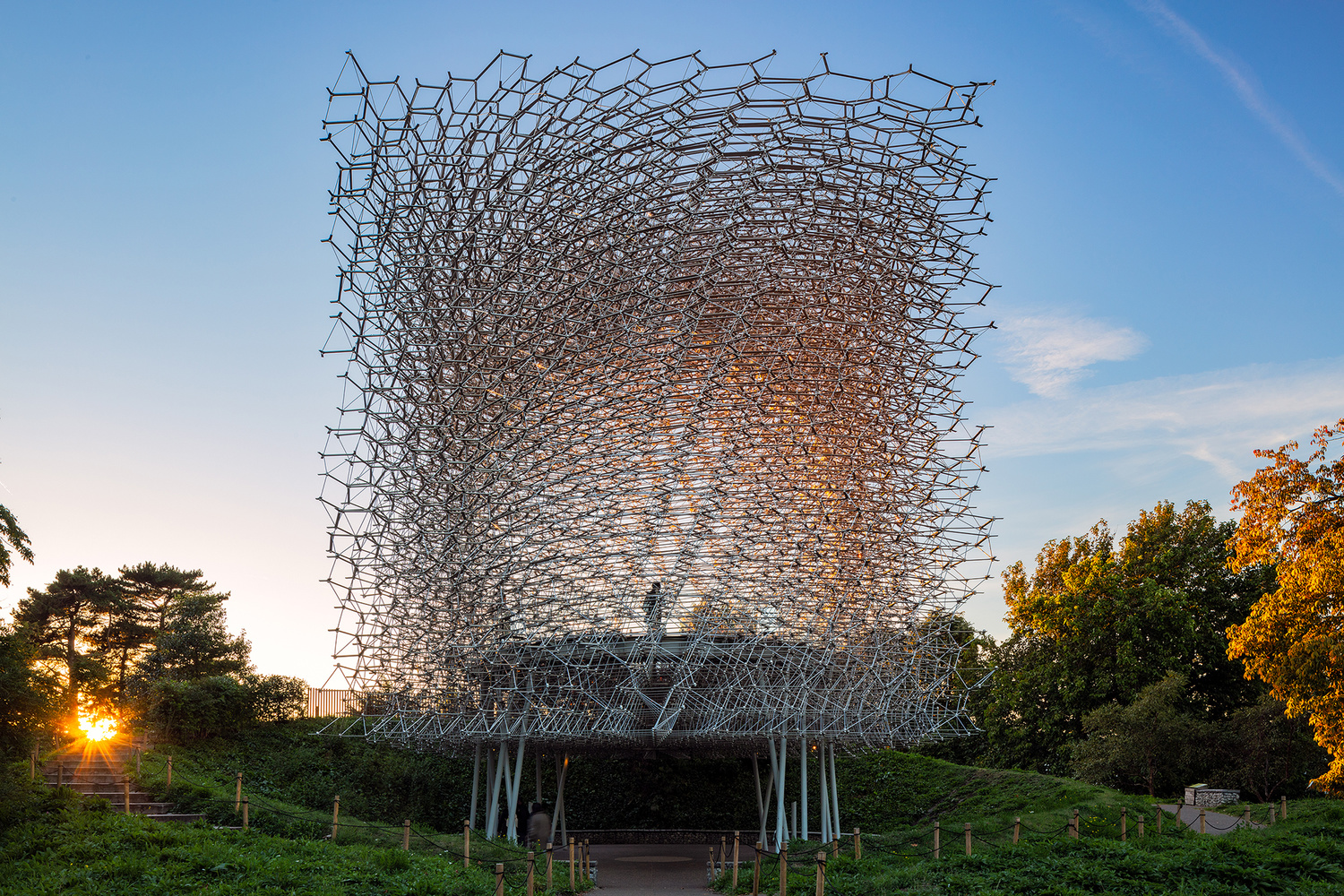Do you find that you’re a better creative while under the influence of drugs or alcohol? This article explores why substance abuse is so common among artist and explores less harmful alternatives.
A conversation with an architect friend got me thinking about the topic. He explained his creative process to me, which left my head spinning. I see my role as a photographer to photograph my subject in the most flattering way possible in order to generate interest in that subject. For example, if I were to take your portrait, it would be you on a very good day. I work with elements that already exist, and I use photographic technique to polish them. My architect friend starts with nothing but his imagination. It is an extreme example of creativity. What fascinated me about his process is that it requires vast amounts of alcohol.
It made me consider my own practice. I work in my office most evenings from about 9 pm until midnight. It’s my standard practice to take a glass of wine with me before I start. Besides enjoying the drink, it also helps take some of the edge off, which I find helps foster creativity.
Let me examine that last sentence in a bit more detail. In the summer months, I make the bulk of my income for the year. From that income, I pay myself a monthly salary that spreads out my income evenly throughout the year. Every winter, my pervading thought is: “have I made enough income to last until next summer?” This is followed closely by “what can I do to add to my income right now?” As you might imagine, neither of these thoughts is conducive to creativity. In order to sustain creative work, I need to distract myself from these thoughts. This is what I’m referring to when I say that a glass of wine helps remove some of the edge.
Artists tend to fall into substance abuse and addiction by following this path. Worrying is a common practice to all of us. Oddly, it is amplified in prosperous communities — communities that tend to foster artists. Artists create by profession and therefore need a way to turn off useless thoughts that limit creativity.
A glass of wine or a hit of marijuana (when legal) a night is not a problem, but when that glass becomes several or when that marijuana becomes something harder, it is not a sustainable or healthy solution for a creative practice.
As I’ve pondered this topic, I started to explore some alternative practices to assist with creative work.
Meditation
Religions have practiced some form of mediation for millennia. In recent times, the secular world has adopted the practice, particularly in high performance, stressful environments.
Meditation involves clearing your thought process, often by concentrating on being in the moment. By practicing being present, it helps clear your mind of useless worrying.
Whether it’s a time of quiet prayer, a zen-like focus, or a gratitude practice, all have the effect of clearing your mind from the onslaught of worry. The benefit of meditation becomes clear once you have regular practice.
As meditation requires clearing your mind and focusing on being present in the moment, it becomes easier to tune out the noise when you need to engage in creativity. The few minutes a day of formal meditation becomes practice for how to clear your mind when it really matters.
Physical Activity
Initially, I considered physical activity like running to be a meditative practice, but I realize that most of us engage in exercise for fitness rather than mental purposes. My fitness levels fluctuate wildly during the year. During a travel shoot, I average 25,000 steps a day with a 25-pound camera bag on my back. I keep this up for up to six months a year. When I’m back home, it takes 20 steps to get from my house to my office, where I spend most of the day. My fitness levels plummet. To try to keep up some level of fitness, I go swimming every alternate day.
At a certain point during my swimming laps, I get too exhausted to think about my business. All my thoughts and concentration go to my breathing, and for at least 15 minutes, my head is clear of worry. By the time I’m finished, I’m ready to create. I’ve found that I can keep this state of mind up for at least a couple of hours after exercise.
Entertainment
Most photographers and filmmakers work with at least two monitors. Add a sound system, and you have a great system of distractions.
My primary source of entertainment as a distraction is visual, in the form of television series, films, YouTube vlogs, and training material. I set this up on half of one monitor, my software tools on the other half, and the image that I’m working on takes up the entire second monitor. I estimate that 90 percent of the time, I simply listen to whatever is on, only bothering to look at the video player window when it is necessary.
In terms of clearing my mind, this is not nearly as effective as meditation or exercise, but as a simple distraction, audio and visual entertainment does the trick. My corporate friends give me stick for spending the entire day watching Netflix, but keep in mind that my primary activity at the time is pre or post-production, so the time is spent productively. If you feel that you need to be more productive, audiobooks, podcasts, and video tutorials work well as distractions, while also helping you up-skill.

All the images for this article are from a shoot I did for Visit London of Kew Gardens. The installation titled "The Hive" was designed by Wolfgang Buttress and is a great example of the creativity needed for architecture. The thought of designing this from scratch leaves my head spinning!
Keeping it Simple
Meditation, exercise, and AV entertainment are simple but sustainable activities to aid creativity without having to resort to a mind-altering substance like alcohol or narcotics. I’ve tried to suggest basic activities that most of us already practice in some form. By taking these common activities and applying them systematically and deliberately, you’ll have an effective toolkit for dealing with unhelpful thoughts, enabling yourself to think creatively.
As all of us practice creativity in some form as photographers and filmmakers, I’d love to hear from you if there is anything I have left out. What do you use to tune out the noise?









"Artists tend to fall into substance abuse and addiction by following this path." I never thought about that being the reason. I always thought it was a way to blunt the constant torment from never being good enough. In the movie, Amadeus, that seemed to be Mozart's motivation.
Good point, I should have said “one of the many reasons artists fall into substance abuse”
Yeah. I'm guessing they're both correct, along with others. I don't have any idea, not being a drinker or taking any kind of mood altering substances.
Hmmm... maybe if I start drinking I'll be more creative! :-D
You must watch loads of Netflix ;)
I've never seen Netflix or any kind of television in over thirty years! I eat lots of chocolate and other junk food. 🍩🍪🍕 😥
Mmm, I’m not sure sugar helps suppress the noise of constant worry. I read your views on the flat earth discussion and feel your secret to keeping your mind clear of worry has a lot to do with what you believe in.
Unicorns and fairies?? ;-)
Well thought and useful advice. Most of the replies thus far seem flippant. Which suggest denial. As is expected for young artists. And also some of the older ones.
Thanks Jerry.
"Meditation involves clearing your thought process".
I'll stick to; meditation alters your thought process. Why? Glad you asked. Instead of dwelling on one thought(s), I make the cognitive decision to dwell on another. Swim? Well, now I gotta concentrate on my stroke and breathing or I'll drown, and not focus so much on bills. Focusing on the moment works the same way. This process works across the board with any topic actually. So I ask, does meditation clear my mind? Or, does meditation change what I think about? I'll let you decide for yourself. 😉
Thanks for the extra clarification Chris. I’m no expert in that specific realm.
barely being a social drinker and never consuming any illegal substances, i guess i don't know what i've missed. considering my age of 67 orbits around the sun, some don't believe me. it may explain why i couldn't write a decent song during my rock band days.
but, if it's what makes one happy or creative, enjoy! i don't judge unless it creates problems for my family and friends.
Hi guys. I am getting the noise off of my mind by editing pictures...
I've used pranayama to stop the monkey mind, and walking to meditate and be more aware of things. But I've found cannabis to be most conducive to creativity. It's also been very beneficial in pain relief, and as a sleep aid.